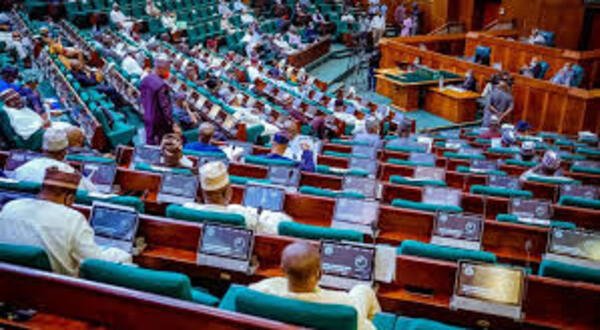A fresh budgeting model recently unveiled aims to significantly strengthen accountability in Nigeria’s public financial management system.
By reshaping how the government plans, tracks, and evaluates spending, the approach seeks to ensure that public funds are used more effectively and transparently.
Key Features of the New Budgeting System
- Outcome-Based Planning:
Instead of focusing primarily on inputs—such as how much money is allocated to ministries or departments—the new model emphasizes results. Budgets will now be structured around specific outcomes and measurable goals. This ensures that every amount spent can be clearly linked to a corresponding deliverable or service. - Transparent Reporting:
Frequent and accessible reporting will be a cornerstone of the reform. Partial and full disclosures of budget implementation—when money is spent, on what, and with what result—will be shared in ways that citizens, watchdogs, and independent observers can access, review, and understand. - Stronger Oversight Mechanisms:
The model introduces independent oversight at multiple levels. Internal audit units, legislative committees, and civil society organizations will all have clearer roles and mandates to review performance and hold institutions to account. - Citizen Engagement:
Recognizing that public buy-in is vital, the approach allows for input from citizens in both the planning and review phases. This means setting priorities that reflect grassroots needs, and enabling feedback loops so citizens can report discrepancies between planned budgets and lived realities. - Use of Technology:
Digital tools will play a critical role. From financial management information systems to online dashboards, real-time monitoring will be possible, helping close the information gap that too often enables inefficiencies or misuse of resources.
Expected Impacts
- Improved Public Trust: When budget data becomes clearer and performance is verifiable, people are more likely to trust that their government is acting in their interest.
- Efficient Resource Use: Tighter alignment of spending with outcomes means fewer wasteful expenditures and more targeted services.
- Reduced Corruption Risks: Transparency and oversight make it harder for funds to be diverted or mismanaged without detection.
- Better Policy Decisions: Data-driven reporting and evaluations help policymakers adjust strategies and redirect resources toward what works best.
Challenges and Considerations
- Capacity Constraints: Many public institutions may need training or capacity strengthening to adopt outcome-based budgeting and digital tools effectively.
- Data Reliability: Reliable, timely data is essential. Without good data, reporting and oversight cannot fulfill their purpose.
- Cultural Shift: Moving from traditional budgeting (based on line-items and inputs) to results-focused budgeting requires changes in mindset at all levels of government.
- Sustained Political Will: Long-term success depends on consistent commitment from political leaders and public officials—turnover and changes in leadership could disrupt progress.
Old and Young know it for a fact that Accountability in Nigeria ahs been questioned through the years and that is why this is key and important.



















